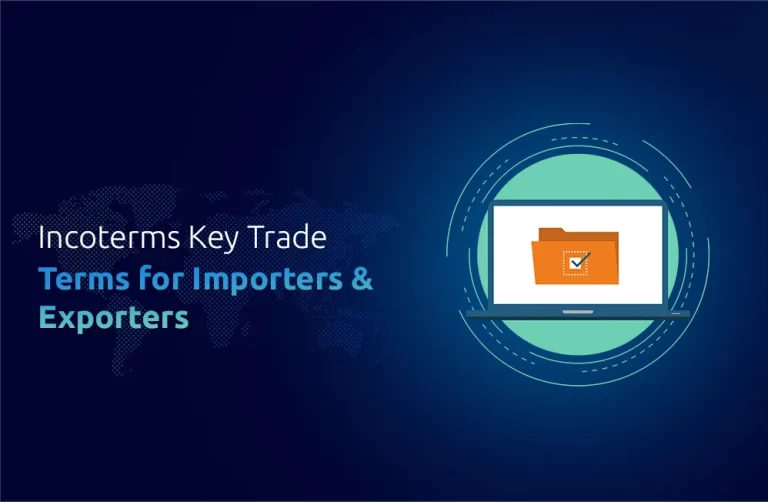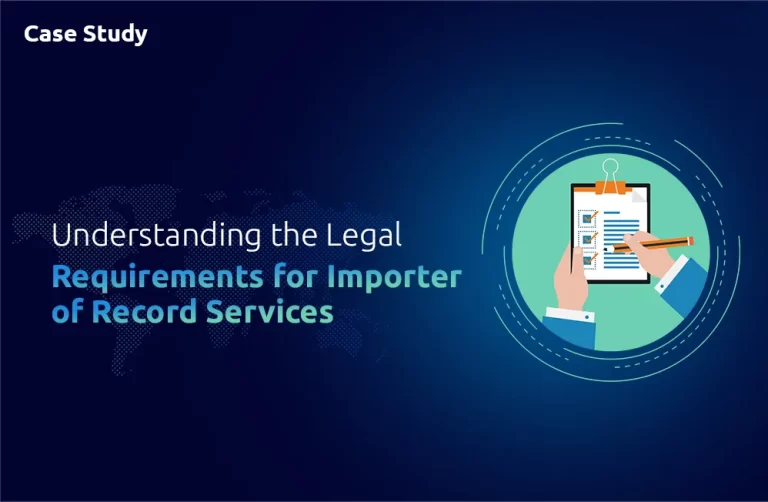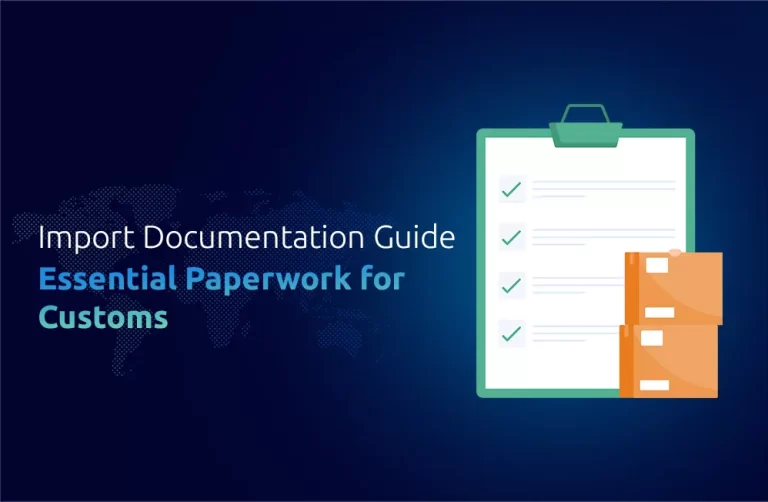Wisconsin’s Strategic Advantage: A Gateway for International Trade
Pro-Business Climate:
Wisconsin is a highly business-friendly state through elements that include but are not limited to competitive tax systems, financial incentives, and supportive government policies that drive foreign investment and trade.
Research and Development Capabilities:
The state stands out in the field of research and development, helped by its universities like the University of Wisconsin System that is known well for conducting research especially in biotechnology, engineering, and environmental issues.
Skilled and Educated Workforce:
The state of Wisconsin has the most efficient and gifted workforce, owing to the fact that the educational institutions and training programs it has are top-notch.
Export Assistance and Trade Programs:
Wisconsin has encompassing export assistance services and trade programs that allow local companies to combat the fierce global competition.
Challenges Managed by Importer of Record (IOR) Services in Wisconsin:
Regulatory Compliance:
In Wisconsin, import compliance is like in any other state of the USA, and this is the issue that is quite difficult to deal with. The import rules are not only complicated but also liable to frequent revisions.
Logistics and Documentation:
Streamlining the logistics and documentation, which contributes to successful completion of international trade is very important. Processing of these includes preparing and handling those documents such as bills of shipment, commercial invoices, packing list and certificate of origin.
Customs Clearance:
Customs clearance is more than mere compliance; it requires a thorough awareness of a particular good’s year of manufacture, place of manufacture, and classification as per the tariff applied.
Risk Management:
Since import activities are tied with risks like abrasion during transportation, insurance liability, theft, and loss it makes importing a risky affair. Another factor that introduces financial risks is the exchange rate fluctuation and unpredictable increase of tariffs, introducing new duties.
Industry Insights: IT, Aviation, Medical, and Automotive in Wisconsin
IT Industry
Wisconsin’s IT sector is fast growing in cities like Madison and Milwaukee, with companies investing in data centers, cloud solutions, and edge infrastructure. Imports of networking gear, servers, and encryption hardware are in demand, requiring specialized handling through IOR services due to agreements with trade and encryption guidelines.
Aviation
The aviation sector such as parts suppliers and maintenance work. Importing aircraft parts, electronics, or guiding systems demands IOR support especially due to strict FAA laws and HS code categarization.
Medical Sector
Wisconsin has a strong biotech and healthcare industry, with major industries like the University of Wisconsin Health System. Equipment such as diagnostic devices, medical imaging tech, and surgical instruments is imported under IOR oversight to follow FDA and customs clearance requirements.
Automotive Industry
Home to a mix of conventional manufacturers and EV part suppliers, Wisconsin imports a range of vehicle parts, such as sensors, battery components, and computer systems. These frequently fall under specific HTS harmonized tariff codes and benefit from programs like the Generalized System of Preferences that reduce tariffs for goods from eligible nations.
Conclusion:
Wisconsin’s strong manufacturing foundation and strategic location make it a key entrance for global trade. Using a skilled Importer of Record like One Union Solutions helps businesses stay compliant, avoid delays, and smoothly import goods across industries such as tech, medical, automotive, and aviation.
DID YOU KNOW?
In April 2024, there were about $ 3.17 billion in general imports of Wisconsin-manufactured and non-manufactured goods.








